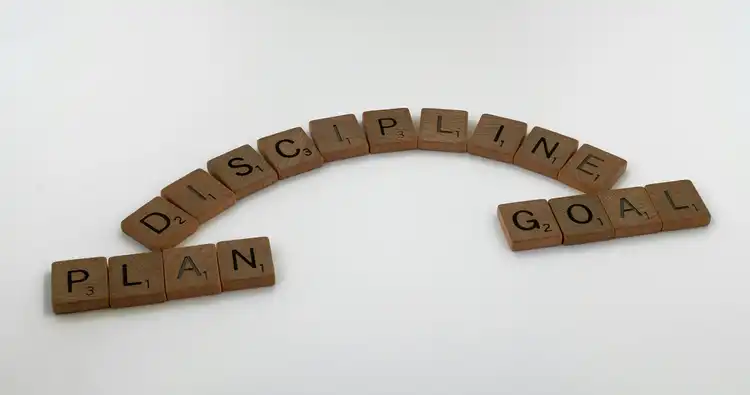The Art of Self-Discipline: Overcoming Procrastination and Building Consistency
In a world filled with endless distractions and instant gratification, the ability to exercise self-discipline can be a game-changer. Self-discipline is the key to achieving our goals, overcoming procrastination, and building the consistency required for long-term success. It's the foundation upon which habits are formed, dreams are realized, and personal growth is cultivated.

The Perils of Procrastination
Procrastination is the antithesis of self-discipline, and it can be a major roadblock to personal and professional growth. When we procrastinate, we let our present selves prioritize short-term comfort or pleasure over the long-term rewards of our aspirations. This cycle of avoidance and delay can lead to increased stress, diminished productivity, and a perpetual state of unfulfilled potential.
The Power of Consistency
Consistency, on the other hand, is the bedrock of self-discipline. It's the daily commitment to taking small, incremental steps towards our goals, even when motivation wanes or obstacles arise. Consistency breeds momentum, and momentum fuels progress. By developing the habit of consistency, we unlock the power of compounding efforts, allowing our actions to accumulate and yield remarkable results over time.
Strategies for Cultivating Self-Discipline
Building self-discipline is a journey, and like any journey, it requires preparation, commitment, and a willingness to learn and adapt along the way. Here are some strategies to help you cultivate self-discipline and overcome procrastination:
- Define Your "Why": Clearly articulate your goals and the reasons behind them. Understanding your "why" will provide the motivation and purpose necessary to fuel your self-discipline.
- Manage Your Environment: Our surroundings can either support or undermine our self-discipline. Create an environment that minimizes distractions and promotes focus by removing temptations and establishing dedicated workspaces.
- Break Tasks into Smaller Steps: Daunting tasks can often lead to procrastination. By breaking larger goals into smaller, manageable steps, you can build momentum and experience a sense of progress, fueling your self-discipline.
- Embrace Accountability: Enlist the support of an accountability partner or join a community of like-minded individuals. Sharing your goals and progress with others can provide the motivation and external accountability needed to stay on track.
- Celebrate Small Wins: Recognize and celebrate your small victories along the way. Acknowledging your progress, no matter how incremental, can reinforce your self-discipline and encourage you to keep pushing forward.
- Practice Self-Compassion: Self-discipline is a skill that takes time and practice to develop. Be kind to yourself when you stumble, and use setbacks as opportunities to learn and adjust your approach.
Self-discipline is the foundation upon which lasting change and personal growth are built. By overcoming procrastination and embracing consistency, you unlock the power to achieve your goals, cultivate fulfilling habits, and live a life aligned with your values and aspirations.